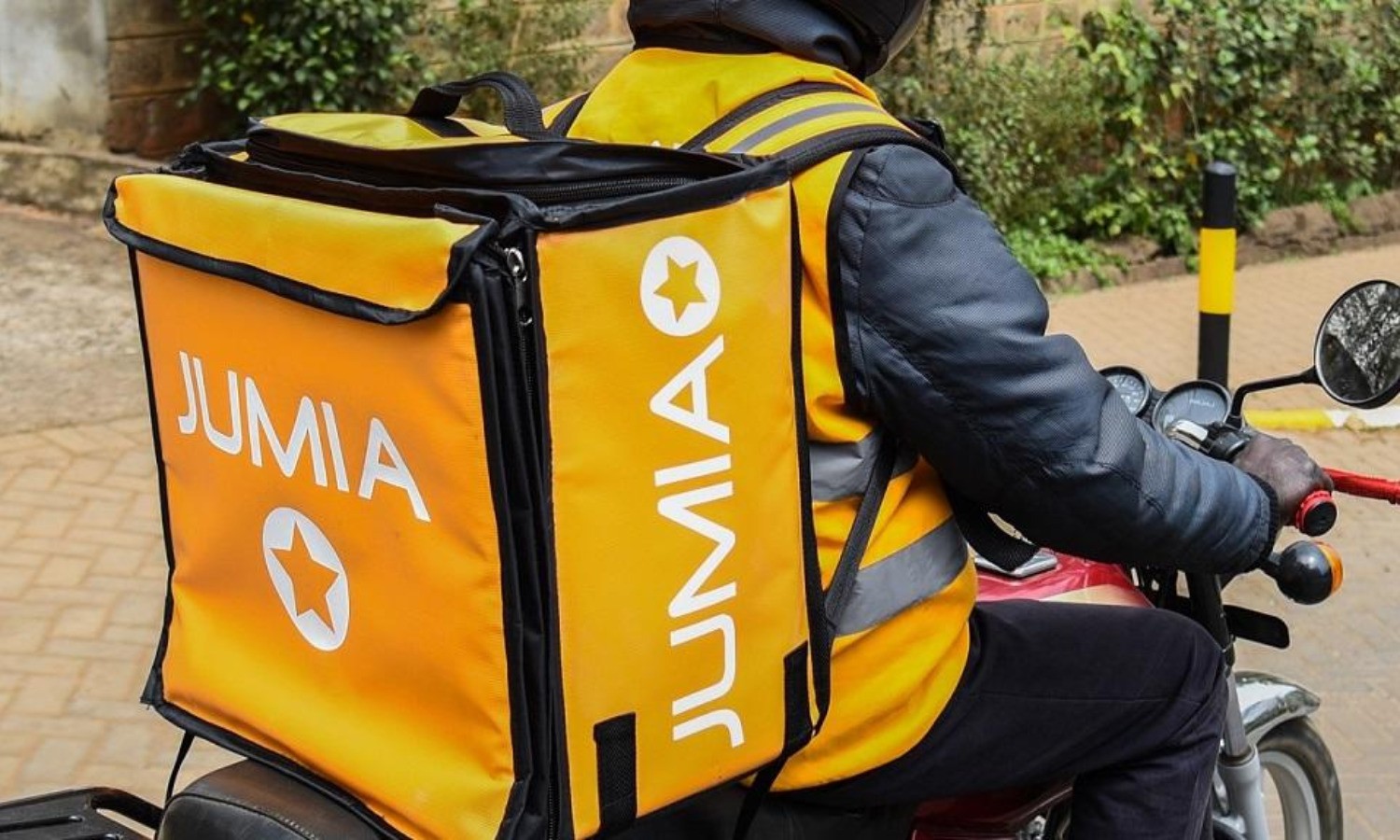Jumia Group has been ordered to revamp its terms and conditions by Common Market for Eastern and Southern Africa (COMESA) Competition Commission, and will now be liable for the safety and quality of products sold on its platform by third-party merchants, reported TechCrunch.
This, after a 16 months probe into the e-commerce giant’s conduct by the anti-trust authorities, which concluded Jumia’s current terms and conditions “appeared to amount to false and misleading representation.”
COMESA Competition Commission launched investigations into the conduct of Jumia Group, on 10 September 2021 to determine if its terms and conditions were in compliance with the COMESA Competition regulations.
✔️ Jumia is Africa's largest e-commerce service. The platform offers a wide range of products, including clothing and electronics, as well as food delivery services and hotel reservations. The company provides a paid logistics service to retailers. The company, dubbed the African Amazon, has presence in 23 countries, including 11 countries in the COMESA region (South Africa, Kenya, Egypt, etc.), and has a network of over half a million sellers on its platforms.
The Commission said Jumia’s presence in more than one COMESA member state and the extent of commerce it facilitates imply that it “could have an appreciable effect on trade in the common market.”
What was Jumia accused of?
The Commission found that Jumia had excluded itself from being party to the contract for sale or purchase between customers and its agents. This helped the company avoid liability for products sold by third-party vendors on its platform.
Jumia had borrowed the script from major e-commerce sites like Amazon, which have in the past tried to avoid being liable for products sold on their platforms by branding themselves as enablers.
About 90 percent of the items sold on the Jumia platform in 2021 were offered by third-party sellers.
Jumia has previously reported that it cannot guarantee the quality and safety of the goods sold on its platform, or prevent the “sale of harmful or defective goods, which could cause death, disease or injury to our consumers or damage their property.”
The e-commerce site was also found to lack details of the entity that owned it, and legal representatives, which made it hard for consumers or authorities initiating a suit against Jumia from knowing who to serve.
The Commission's requirements for Jumia
In the wake of the review, Jumia will be held liable for products and transactions carried out on its platform.
Jumia is required to clearly indicate where it is the seller, and amend the terms to show it is liable for the products sold. And, where a third-party is involved, the e-commerce site will provide access to a sale agreement between the seller, for the buyer to review and accept the terms before buying the goods.
Jumia will henceforth also ensure the accuracy of information on sellers and products posted on its platform.
The Commission now requires Jumia to include, in its terms and conditions, a clause comprising “the entity to be served for legal purposes with its full details including the name, location, post office address, telephone and email contact.”
It was further recommended that the e-commerce company puts in place conflict resolution channels, amends the terms to indicate that in case the marketplace is discontinued “it would be done without prejudice of the consumer’s rights in respect of any unfulfilled orders or other existing liabilities of Jumia.”
“We have fully adhered to the recommendations provided by the COMESA Competition Commission and will continue to work closely with them to ensure that our policies are even more protective for our customers,”
said Jumia.
Platforms and their liability
Mikhail Shikhmuradov, an expert of the BRICS Competition Centre, notes that liability disclaimer is a common practice of e-commerce platforms. Amazon, Uber, Airbnb and many other online marketplaces have faced antitrust inspections and legal questions regarding liability for the quality and safety of goods and services sold on their platforms.
Investigations underscore the difficulty of holding online marketplaces liable for third-party products because they often position themselves as enablers rather than direct sellers, the expert stresses.
The e-commerce firms have always held that they are not legally responsible for defective products sold by third-party merchants on their sites. The COMESA settlement could force Jumia to recall defective and unsafe products sold by third-party agents.
"In this case, COMESA acted in defense of consumers, forcing Jumia to revise its terms and conditions, which demonstrates the importance of antitrust policy for the development of competition and consumer protection in the digital economy,"
says Mikhail Shikhmuradov.




